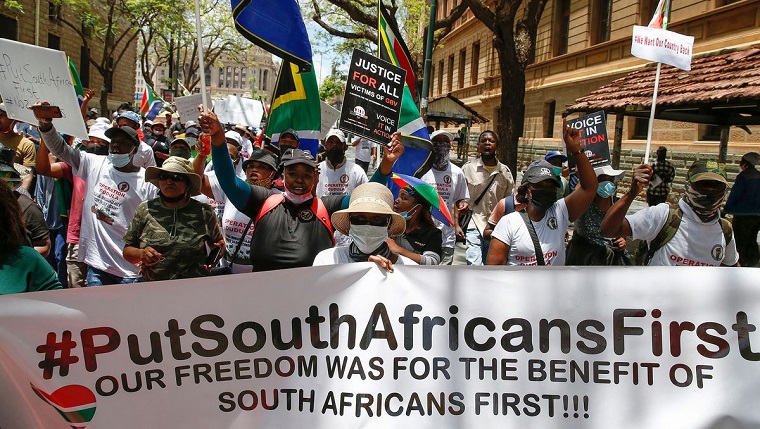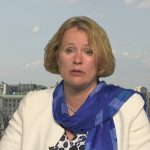What I did not fully understand at that stage was that it would take more than a few lectures by an earnest ‘returnee,’ to deal with this issue. This warped idea of Africa was at the heart of the idea of South Africa itself. Just as whiteness means nothing until it is contrasted with blackness as savagery, South African-ness relies heavily on the construction of Africa as a place of dysfunction, chaos and violence in order to define itself as functional, orderly, efficient and civilised.
As such, the apartheid state was at pains to keep its borders closed. The savages at the country’s doorstep were a convenient bogeyman. Whites were told that if the country’s black neighbours were let in, they would surely unite with the indigenous population and slit the throats of whites. By the same token, black people were told that the Africans beyond South Africa’s borders lived like animals; they were ruled by despots and governed by black magic.
When apartheid ended, the fear of African voodoo throat slitting should have ended with it. Indeed on the face of things, the fear of ‘Africa,’ has abated and has been replaced by the language of investment. South African capital has ‘opened up’ to the rest of the continent and so fear has been taken over by self-interest and new forms of extraction.
In the parlance of South Africans, our businesses have ‘gone into Africa.’ Like the frontiersmen who conquered the bush before them they have been quick to talk about ‘investment and opportunity’ to define our country’s relationship with the continent. The pre-1994 hostility towards ‘Africa’ has been replaced by a paternalism that is equally disconcerting. Africa needs economic saviours and white South African ‘technical skills’ are just the prescription.
Amongst many black South Africans, the script is frightfully similar. The recent collapse of TB Joshua’s church in Nigeria, in which scores of South Africans lost their lives has highlighted how little the narrative has changed in the minds of many South Africans. Many have called in to radio shows and social media asking, what the pilgrims were doing looking for God in such a God forsaken place?
In the democratic era we have converted the hatred of Africa into a crude sort of exceptionalist chauvinism. South Africans are quick to assert that they don’t dislike ‘Africans.’ It’s just that we are unique. Our history and society are too different from theirs to allow for meaningful comparisons. See – we are even lighter in complexion than them and we have different features. I have heard the refrain too many times, ‘We don’t really look like Africans.’ Never mind the reality that black South Africans come in all shades from the deepest of browns to the fairest of yellows.
This idea that South Africans are so singular in our experience; that apartheid was such a unique experience that it makes us different from everyone else in the world, and especially from other Africans, is an important aspect of understanding the South African approach to immigration.
As long-time researcher Nahla Vahlji has noted, “the fostering of nationalism produces an equal and parallel phenomenon: that of an affiliation amongst citizens in contrast and opposition to what is ‘outside’ that national identity.” In other words, South Africans may not always like each other across so-called racial lines, but they have a kinship that is based on their connection to the apartheid project. Outsiders – those who didn’t go through the torture of the regime – are juxtaposed against insiders. In other words foreigners are foreign precisely because they can not understand the pain of apartheid, because most South Africans now claim to have been victims of the system. Whether white or black, the trauma of living through apartheid is seen as such a defining experience that it becomes exclusionary; it has made a nation of us.
Continued next page
(289 VIEWS)


